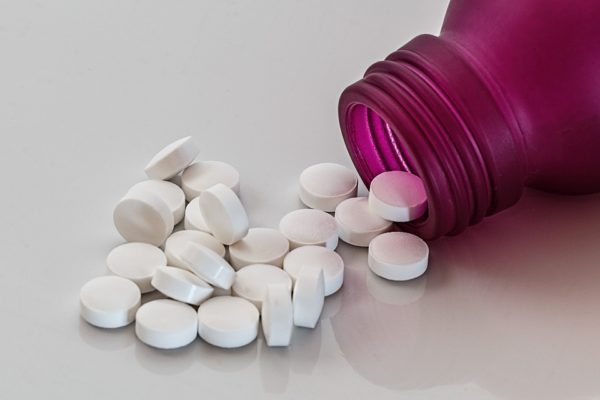When flu season is approaching, many people stock up on their orange juice and other forms of Vitamin C to prepare for the storm. However, according to an article posted on Oxford Academic, zinc – not oranges – may be the key to a faster recovery.
Image Source: twomeows
The article detailed an experiment in which an individual patient data (IPD) meta-analysis was used to examine the effects of zinc acetate lozenges on common cold patients. The analysis involved reaching out to authors of five past publications to incorporate their original data. Studies concluded that zinc does in fact play a role in shortening the duration of a cold. However, the researchers concluded that duration is based on a variety of factors and decided that survival analysis may be a better approach. Thus, they focused on determining whether the effect of zinc was modified by age, sex, allergy, race, smoking, and baseline cold severity.
In order to do this, patients with naturally acquired cold infections were put into three random, double-blind, placebo-controlled trials in which they were administered different amounts of zinc over 75 milligrams, because previous studies indicated that values below that amount did not yield conclusive results. It was concluded that zinc acetate lozenges increase the rate of recovery from the common cold by three-fold. In addition, the researchers found that the effect was not modified by any of the factors (age, sex, etc.) mentioned above.
While this discovery proves exciting, it is important to note that most of these patients, who took on average anywhere between 80 to 92 mg of zinc a day, can be seen as outliers on a broader scope simply due to the fact that the average American only consumes 8-11 mg of zinc a day. Indeed, the majority of zinc tablets on the market simply have too little of an amount to produce a profound effect on people with symptoms of the flu or cold.
More research needs to be done–specifically in what large doses of zinc does to the body on a molecular level—before the effects of this study go commercial. The exact mechanism on how zinc cures the cold is still unknown and will require more experimentation. In addition, it will probably take some time until we see proper zinc-oriented medication on pharmacy shelves. But to combat a disease that affects 5-20% of the U.S. population every year, this study is a step in the right direction.
Feature Image Source: stevepb










